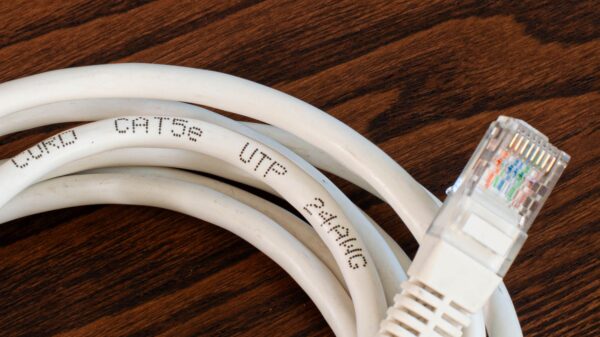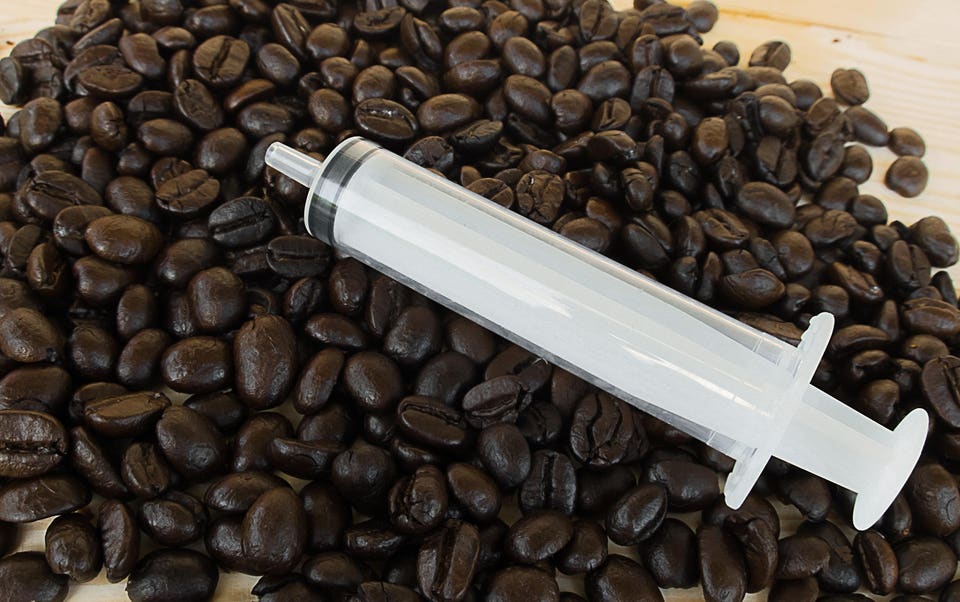Coffee enemas have recently gained traction on social media, with influencers claiming various health benefits, including relief from bloating and detoxification. These assertions raise important questions about the scientific validity of such claims and the potential risks involved. As individuals consider jumping on this trend, it is crucial to understand the implications of introducing coffee into the body in this manner.
Understanding Coffee Enemas
An enema involves injecting a fluid into the rectum and colon to stimulate bowel movements. While there are legitimate medical uses for enemas, such as preparing for a colonoscopy or alleviating severe constipation, the idea of using coffee for this purpose stems from the autointoxication theory. This outdated concept suggests that toxins accumulate in the body, particularly in the colon, and that enemas can help flush them out. Proponents argue that coffee aids in this process by promoting peristalsis—the involuntary contractions that help move waste through the intestines.
Influencers on platforms like Instagram and TikTok claim that coffee enemas can enhance detoxification due to compounds found in coffee, such as palmitic acid and cafestol. These substances are said to stimulate the production of glutathione S-transferase, an enzyme associated with detoxification. However, the scientific backing for these claims is weak.
The Lack of Scientific Support
A review published in the Journal of Clinical Gastroenterology highlights the historical context of the autointoxication theory, noting that it lacks substantial evidence. Furthermore, a systematic review published in the journal Medicine in 2020 found little support for coffee enemas or their purported benefits. This review also documented nine case reports of adverse events linked to their use, including seven instances of colitis, an inflammation of the colon potentially triggered by chemicals in coffee.
The absence of rigorous scientific studies means that anecdotal evidence from wellness influencers cannot replace verified research. While some individuals report feeling better after coffee enemas, there’s no way to ascertain the underlying reasons for these claims. The potential dangers associated with this practice are significant.
Using coffee for an enema can disturb the gut microbiome—the complex community of bacteria and microbes in the intestines—leading to various health issues. Additionally, there are numerous documented cases of severe injuries resulting from improperly administered coffee enemas, including rectal burns and significant tissue damage.
Considerations for Health
While the fascination with coffee enemas continues to grow, it is essential for individuals to approach this trend with caution. The combination of hot coffee and the colon can lead to serious complications. Medical professionals typically advise against using home remedies without proper guidance, especially those that could cause harm.
Current research underscores the importance of gut health and its impact on metabolism and overall well-being. Although the potential exists for future treatments to focus on the gut, the method of coffee enemas remains unproven and potentially dangerous.
In conclusion, while social media may promote coffee enemas as a trendy health practice, the lack of scientific evidence and the associated risks should prompt individuals to think critically before trying them. Seeking advice from healthcare professionals is always advisable when considering alternative health treatments.








































































